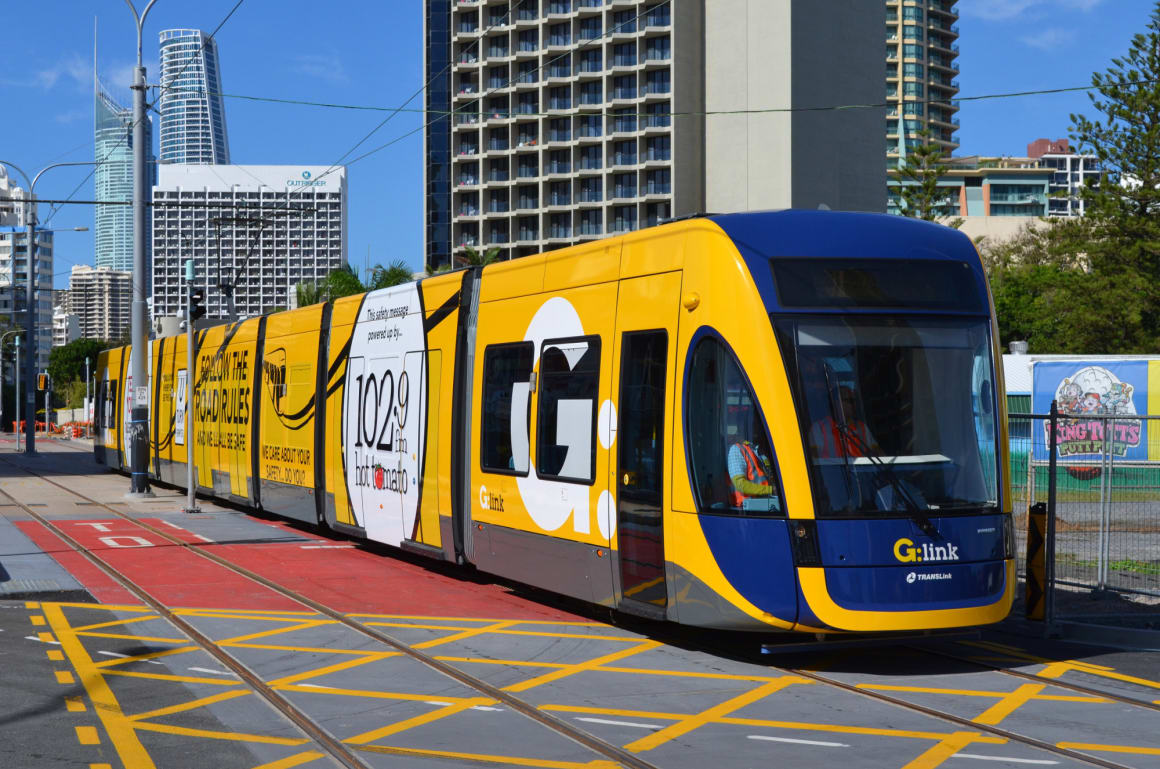Value capture: how do we stop Value Escape?

There seems to be almost unanimous and vigorous agreement that the pursuit of value capture is a worthwhile initiative in helping us to augment scarce infrastructure funding. However, we seem to be engrossed in writing thought leadership, debating policy and gathering evidence rather than getting on with implementation.
At a time when we are moving forward with massive city building infrastructure projects procrastination is an exercise in value escape rather than value capture. Meanwhile, there are countless examples where opportunist landholders or developers are making huge windfall profits.
Objections to Value Capture are categorised in a Trump-like fashion as “fake news”, however we don’t have the courage to announce specific value capture instruments without more homework. Surely, it isn’t that hard.
There appears to be general consensus in favour of betterment levies rather than Tax Increment Financing or Developer Contributions. I note the support for broad-based land tax but we are not a nation that has a strong track record in being quick and nimble in the area of tax reform, so I leave that one for the futurists.
We already have used levies and are proposing a Special Infrastructure Contribution (SIC) of $200 /sq.m on new residential property in the Parramatta Light Rail corridor, but why $200 and just on residential developments.
And why aren’t we announcing at least the intention to introduce a SIC for Sydney Metro West?
Value Capture has been described as a funding solution in creating a stream of revenue that can be captured and used to pay for the cost of the up-front infrastructure. But isn’t it also a financing issue? Is not the stream of revenue associated with complex mixed-use property development necessarily long-term in nature and uncertain?
Developers look to progressively de-risk a site with staged development and gradual release to the market with an extended programme designed to garner presales and pre-commitments. I have seen from my own experience that asking developers to pay up-front results in a hefty discount.
This leads the State to question whether they are achieving value for money. In theory it is possible to contemplate the sale of development rights or the securitization of prospective value capture revenue streams but at what cost?
Another concept that has raised my eyebrows is the notion of the rail entrepreneur model, whereby we bundle property and infrastructure developers together and ask them to revert with integrated solutions on developing infrastructure with property value capture.
I have been told that the Gold Coast Light Rail project came down to the wire on the assessment of commercial property solutions adjacent to the light rail. But Department of Transport and Main Roads put it in the too hard basket and focused on the infrastructure. Nothing could be further from the truth.
Investment in property is not the same as investment in infrastructure. They are different assets with different risk/return profiles and appeal to different investor classes.
I have found that convincing the State that they are being presented with property development proposals that represent value for money is challenging, whether it relates to integrated transport, health or education precincts. Both property and infrastructure investors continue to wrestle with this issue.
This links to the Federal Government’s Smart Cities Plan and the role of the Commonwealth. I have previously advocated the use of Concessional Loans to allow the Commonwealth to encourage the use of value capture and allow it to become a value-add financing source.
This is an example of market failure and the Commonwealth can intervene, address long-term risk and uncertainty, ensure an integrated approach and obtain a return. Shouldn’t this be included in the Job Description for the newly created Infrastructure Financing Unit within the Department of Prime Minister and Cabinet?
Martin Locke is an adjunct professor at the University of New South Wales and a former partner at PwC having led their Infrastructure Advisory practice in Sydney over the period 2001-2014. Martin is running an upcoming workshop on Infrastructure Finance in Melbourne on June 15 - 16. For more information, click here.
Lead image credit: wikipedia